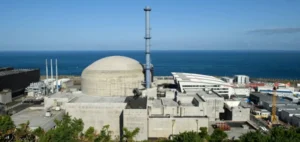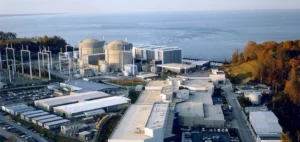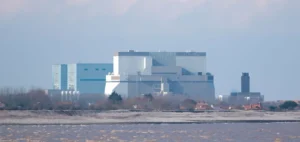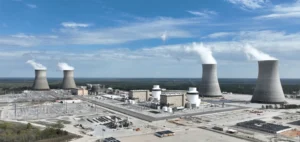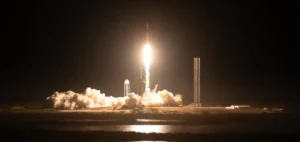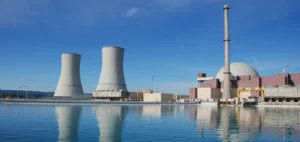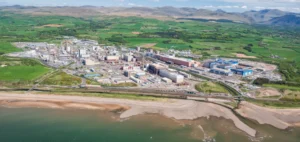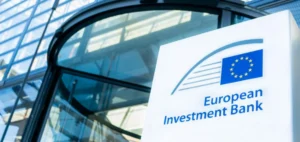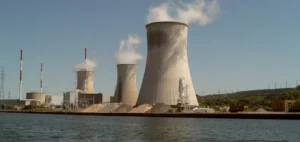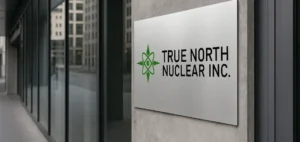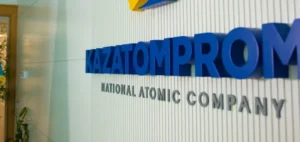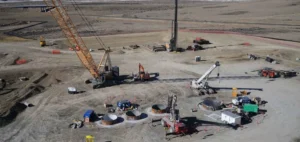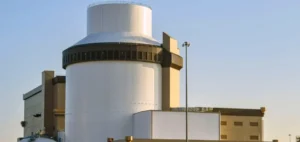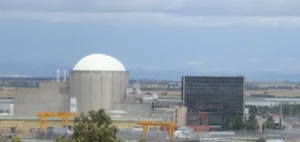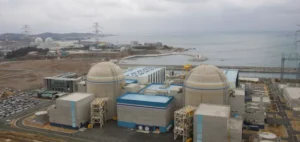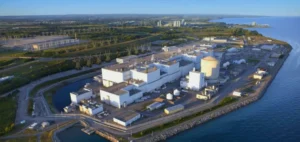The United Kingdom and the Czech Republic have signed a five-year memorandum of understanding to strengthen their cooperation in civil nuclear development, marking a new phase in the industry’s evolution in Europe. The protocol foresees intensified joint work in project preparation, construction, research and training, according to both governments.
Development of modular reactors
The agreement specifically targets the acceleration of small modular reactor (SMR) technology. Both countries aim to leverage their complementary industrial expertise and foster localisation of supply chains to optimise costs and accelerate delivery schedules. The memorandum states an intention to coordinate the deployment of SMR fleets to maximise project efficiency and explore alignment with other international partners.
Czech energy company ČEZ has already acquired a 20% stake in Rolls-Royce SMR, a UK-based firm whose technology has been selected for a 3 GW fleet of reactors to be built in the Czech Republic. The first module from this cooperation is expected to be constructed at Temelín in the first half of the next decade, confirmed ČEZ CEO Daniel Beneš.
Industrial prospects and training
The protocol also calls for the creation of a training centre in the Czech Republic, while Rolls-Royce SMR is considering the establishment of a module manufacturing plant in the country. This cooperation is supported by the highest authorities of both nations. UK Prime Minister Keir Starmer highlighted the importance of the agreement for supporting national engineering and strengthening energy security, while his Czech counterpart Petr Fiala emphasised its industrial significance and job creation potential.
The SMR model developed by Rolls-Royce is a 470 MWe pressurised water reactor, designed for at least sixty years of operation. According to company data, 90% of the assembly will be completed in factory settings, limiting on-site activities to assembling pre-fabricated modules, which reduces risks and delivery times.
Expansion of the European nuclear fleet
The Czech Republic currently operates six nuclear units, providing around one third of its electricity generation. A CZK407bn ($18.6bn) contract was recently signed with Korea Hydro & Nuclear Power for the construction of two APR1000 reactors near the Dukovany site, with construction due to begin in four years. The United Kingdom, for its part, has 6.5 GW of nuclear capacity, representing around 15% of its electricity supply, and aims to reach 24 GW by 2050 according to government plans.
Chris Cholerton, CEO of Rolls-Royce SMR, said: “Political cooperation is a cornerstone of the civil nuclear industry. We welcome the desire of both governments to accelerate the development of SMRs and will work to maximise opportunities for local supply chains,” World Nuclear News reported on July 15.



